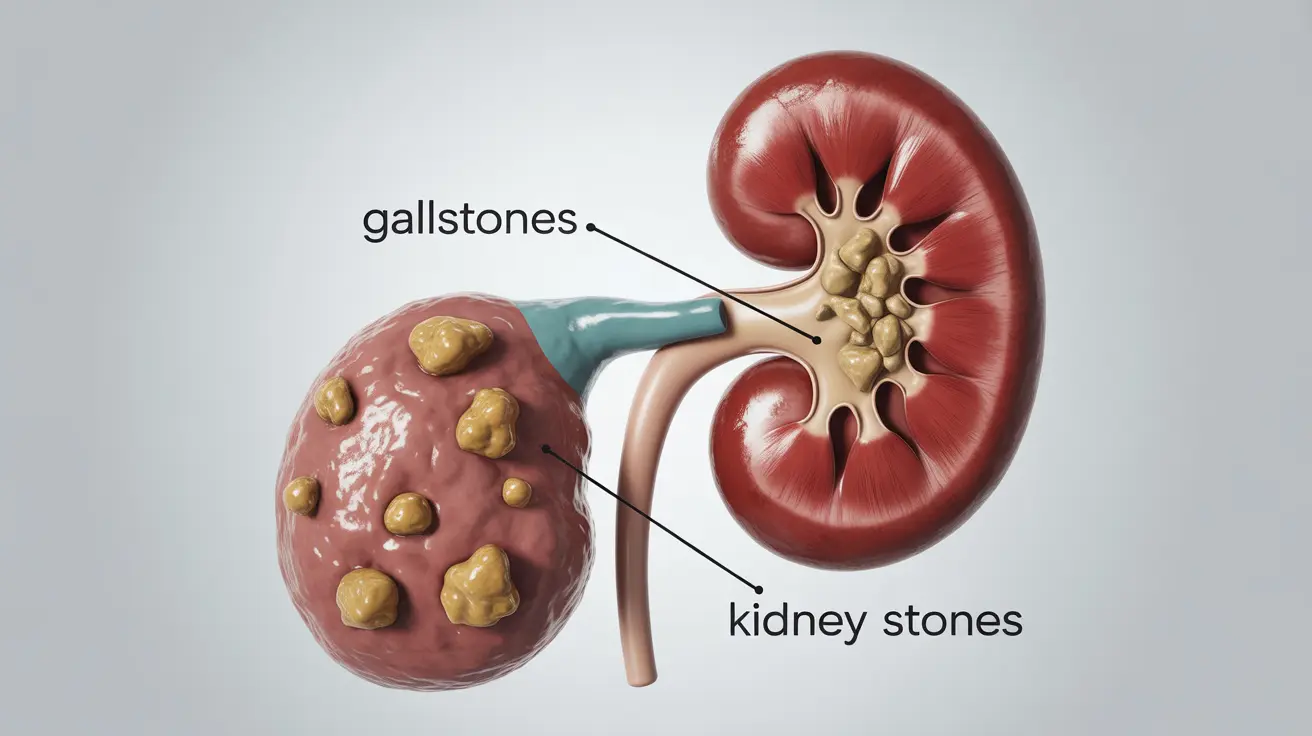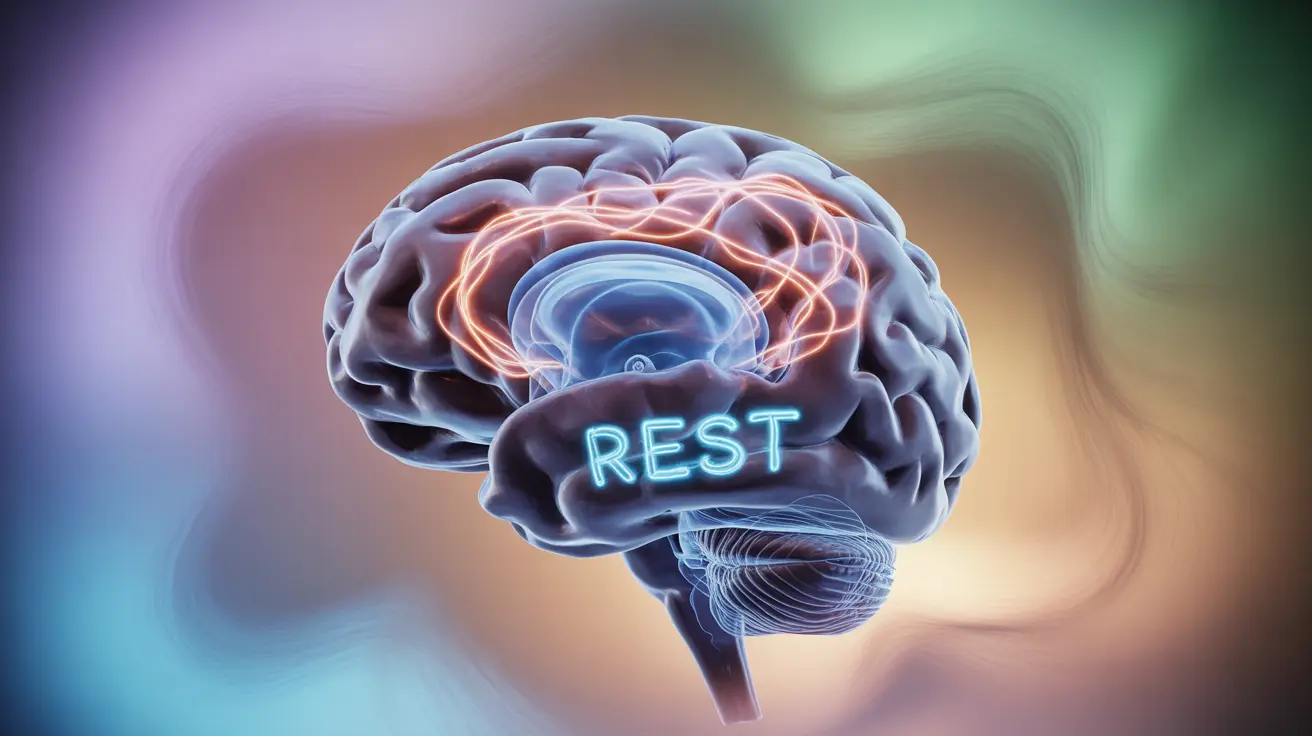Memory problems during menopause can be frustrating and concerning for many women. As hormonal changes occur during this natural life transition, cognitive functions, including memory, may be affected. Understanding the connection between menopause and memory loss is crucial for managing symptoms effectively and maintaining mental well-being.
This comprehensive guide explores the relationship between menopause and cognitive changes, offering practical solutions and evidence-based strategies to help women navigate this challenging aspect of menopause.
Understanding Menopausal Memory Changes
During menopause, fluctuating estrogen levels can affect cognitive function in various ways. Common memory-related symptoms include difficulty concentrating, forgetting everyday items, and struggling to recall recent events. These changes are typically temporary and differ significantly from more serious conditions like dementia.
Key characteristics of menopausal memory changes include:
- Difficulty multitasking
- Problems remembering names or words
- Increased mental fatigue
- Temporary lapses in short-term memory
- Challenges focusing on complex tasks
The Role of Hormones in Memory Function
Estrogen plays a crucial role in cognitive function and memory processing. During menopause, declining estrogen levels can affect various brain regions, particularly the hippocampus, which is essential for memory formation and retention. This hormonal fluctuation can lead to temporary cognitive changes that many women experience.
Natural Management Strategies
Dietary Approaches
A brain-healthy diet can help support cognitive function during menopause. Key nutritional recommendations include:
- Omega-3 fatty acids from fish and nuts
- Antioxidant-rich fruits and vegetables
- Whole grains for sustained mental energy
- Foods rich in B-vitamins
- Adequate protein intake
Exercise and Physical Activity
Regular physical activity has been shown to improve both memory and overall cognitive function. Beneficial activities include:
- Moderate aerobic exercise
- Strength training
- Mind-body exercises like yoga
- Walking in nature
- Dancing
Stress Management and Mental Health
Stress and anxiety can significantly impact memory function during menopause. Implementing effective stress management techniques is crucial for maintaining cognitive health. Consider incorporating:
- Mindfulness meditation
- Deep breathing exercises
- Regular relaxation practices
- Adequate sleep hygiene
- Social connection and support
Medical Interventions and Support
For some women, medical interventions may be appropriate. Working with healthcare providers can help determine the best approach, which might include hormone replacement therapy or other treatments based on individual circumstances and health history.
Frequently Asked Questions
What are the typical symptoms of memory loss during menopause, and how do they differ from dementia?
Menopausal memory changes typically involve temporary forgetfulness and difficulty concentrating. Unlike dementia, these symptoms don't progressively worsen and don't significantly impact daily functioning. Menopausal memory issues often improve with time and proper management.
How does hormone replacement therapy (HRT) affect memory and cognitive function in menopausal women?
HRT may help improve cognitive function in some women by stabilizing estrogen levels. However, its effects vary among individuals, and the decision to use HRT should be made carefully with a healthcare provider, considering personal health history and risk factors.
What dietary changes can help improve memory and reduce brain fog during menopause?
A diet rich in omega-3 fatty acids, antioxidants, and B-vitamins can support brain health. Including foods like fatty fish, berries, leafy greens, and whole grains can help improve cognitive function and reduce brain fog during menopause.
Can stress and anxiety exacerbate memory problems during menopause, and what are some effective management strategies?
Yes, stress and anxiety can worsen memory issues during menopause. Effective management strategies include regular exercise, meditation, adequate sleep, and stress-reduction techniques. Professional support may also be helpful for developing coping mechanisms.
What lifestyle changes can help prevent or reduce the severity of memory loss during perimenopause and menopause?
Key lifestyle changes include maintaining regular physical activity, getting adequate sleep, engaging in mental stimulation through puzzles or learning new skills, practicing stress management, maintaining social connections, and following a healthy diet. These changes can help support cognitive function during the menopausal transition.




